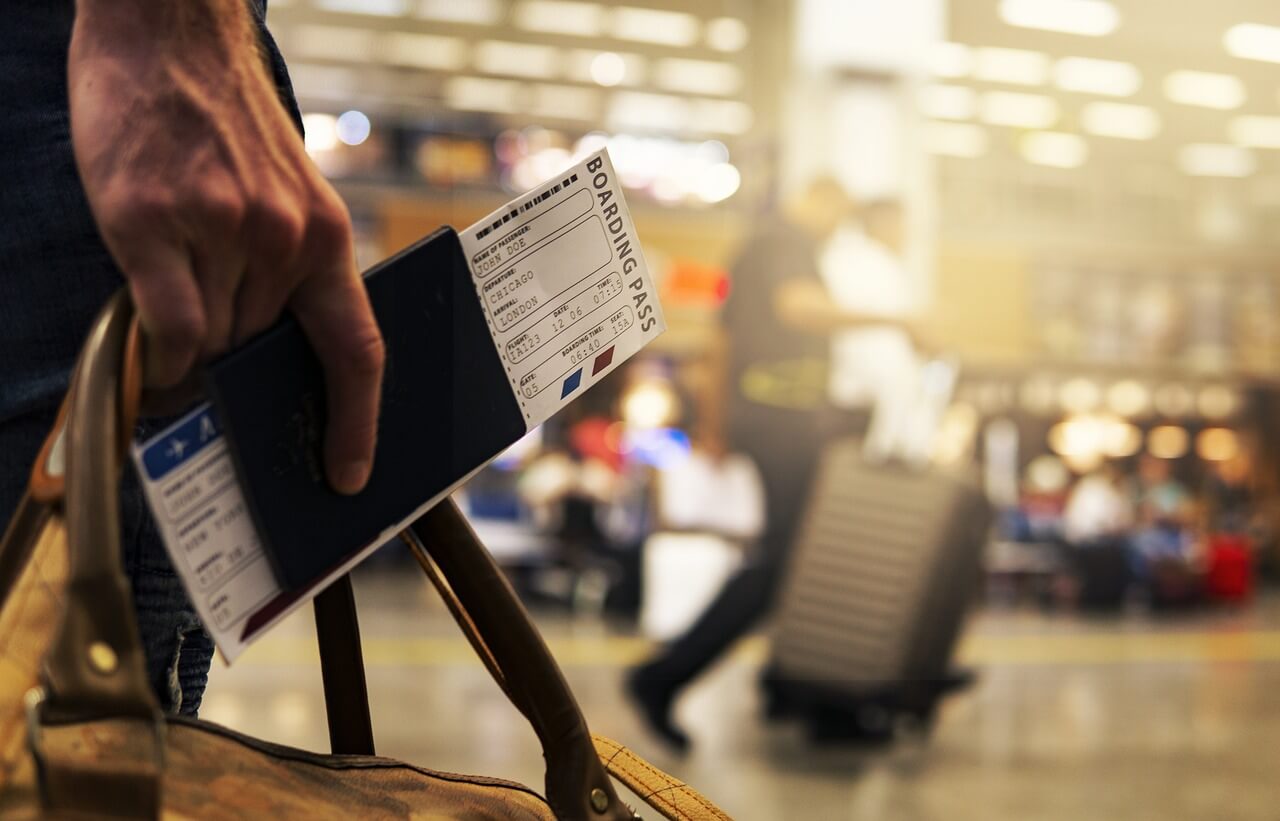With no apparent indication of a downturn in demand, corporate travel card issuer American Express saw global travel and entertainment (T&E) spending by clients increase by 41% year over year to $26 billion in the first quarter of 2023.
According to Amex, the total amount spent on T&E in the first quarter increased from an average of $25 billion over the preceding three quarters. Demand was also regarded as “particularly robust.” Due to the Omicron variation of Covid-19’s distribution during the first quarter of 2022, there was some effect on travel expenditures that impacted year-over-year comparisons.
Overall corporate spending, including but not limited to T&E, grew 34% year over year among Amex’s major and international corporate accounts, compared to a relatively moderate 6% increase in SME spending.
All Amex segments boosted their T&E spending. T&E expenditure on Amex products by international customers, which includes both business and consumer transactions, increased by 58 percent from Q1 of 2022 to $24 billion in the period.
During the company’s earnings call, Amex chairman and CEO Steve Squeri remarked, “It just keeps growing.” “We still believe there is room for growth, and capacity expansion by airlines is also expected.
“We’ll keep growing with them as they increase their capability…And as the upside in airlines increases, so does the upside in lodging.
Amex reported first-quarter total revenue of $14.3 billion, a 22% increase over the same period the previous year. The company’s net income for the quarter fell from $2.1 billion in Q1 2022 to $1.8 billion.
The Effect of Covid-19 Pandemic on Demand for Corporate Travel
Because of safety worries and travel limitations, the Covid-19 epidemic has had a substantial impact on the corporate travel sector. The pandemic is still having an impact on travel demand in 2023, and many organizations are still only allowing employees to travel for absolutely necessary purposes.
The type of journeys that corporations are willing to take have also changed as a result of the pandemic. For instance, a lot of businesses now use virtual conferences and meetings instead of in-person ones, which cuts down on the necessity for in-person meetings. However, some journeys are still necessary, including site visits, inspections, and training sessions. Because of this shift in travel demand, many organizations now prioritize efficiency and safety when making corporate travel arrangements.
Corporate Travel in the Future: Technology Advances
The Covid-19 epidemic has spurred technological use in the corporate travel sector. The popularity of virtual meeting platforms like Zoom, Skype, and Microsoft Teams, among others, has significantly increased as more businesses switch to virtual meetings. As a result, numerous businesses have come to appreciate the advantages of virtual meetings, including decreased travel expenses and better productivity.
We anticipate that the business travel market will continue to change as a result of technology adoption in 2023. Businesses may spend more money on travel management systems, for instance, to simplify trip arrangements, lower expenses, and increase passenger safety. The way firms conduct site visits and inspections may also be revolutionized by developments in virtual reality and artificial intelligence, which will eliminate the need for travel.
Traveler Health and Safety Issues
The Covid-19 outbreak has increased worries about traveler safety and health, and many organizations now give their employees’ wellbeing priority when arranging travel. Demand for travel is projected to remain driven by worries about traveler health and safety in 2023, and many businesses favor working with travel management companies that place a high priority on traveler safety.
Numerous travel management businesses are taking action to address these worries by, among other things, enhancing the sanitation and disinfection of hotels and cars, giving visitors personal protective clothing, and applying social distancing techniques. In order to secure the security and well-being of their employees, corporations are therefore inclined to give preference to travel management organizations who provide these services.
Preferences and Expectations of Travelers
The Covid-19 outbreak has also caused changes in passenger expectations and preferences. Many travelers now give safety, adaptability, and convenience first priority while making trip plans. We anticipate that these preferences will continue to drive demand for travel in 2023, with many travelers favoring travel choices that provide ease and flexibility.
Many travel management businesses provide flexible booking rules to accommodate these choices, including, among other things, the freedom for customers to amend or cancel reservations without incurring fees. Additionally, a lot of businesses are spending money on travel technology that enables customers to plan and manage travel on their mobile phones.


+ There are no comments
Add yours